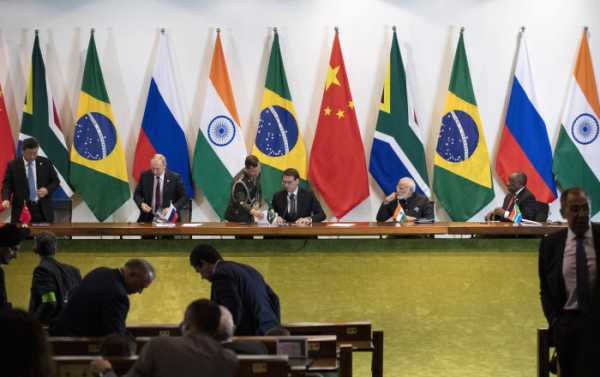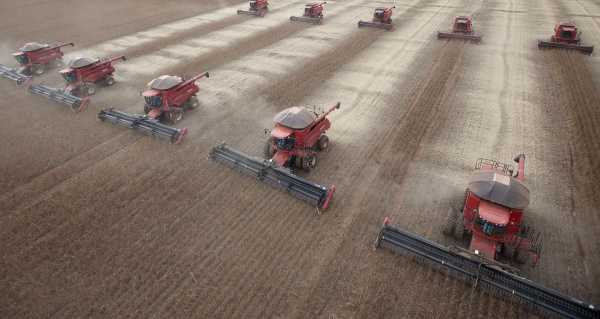
Scientists at the Russian Academy of National Economy and Public Administration (RANEPA), together with their colleagues from the Federal University of Rio Grande do Sul (Brazil), have conducted an interdisciplinary comparative study of the rural regions of the two countries.
According to the researchers, the study results will help to better understand the direction of agrarian evolution in the context of cooperation between the BRICS countries, the university’s press service said.
According to the authors of the study, today, amid a large amount of statistical information on agriculture in the BRICS countries, there is a request for a deep interdisciplinary analysis at the level of specific agrarian regions and local rural communities.
According to scientists, Russia is brought closer to other BRICS countries by the socio-economic polarisation of agricultural producers, where about half of the production is produced by small farms and the other half [is produced] by large manufacturers, such as agricultural holdings.
All BRICS countries are characterised by a significant gap in the standard of living and social infrastructure between the city and the village. For Russia and Brazil, the share of the rural population is currently about 25%, and the influx of migrants from villages to cities continues unabated.
Both countries are developing primarily export-oriented industries: soy for Brazil and wheat for Russia. The two countries are recognised world leaders in exports of these crops; according to researchers, this is also due to increased productivity when introducing new agricultural technologies.

Workers use combines to harvest soybeans in Tangara da Serra, State of Mato Grosso, Brazil
The scientists have discovered that agriculture of both Russia and Brazil is characterised by “green” trends: the study has recorded spontaneous economic growth in farms focused on developing recreational areas and producing organic products.
Both in Brazil and in Russia there are both prosperous and depressed rural regions, and the difference in the level of economic development between them is growing. In both countries, there has been an increase in social contradictions associated with the rapid transformation of the agricultural sector.
As part of the study, the researchers have conducted surveys among rural residents of Rio Grande do Sul, as well as residents of the Krasnodar Region and the Moscow Region. The surveys show that farmers in both countries expect state guarantees of sales of farm products in local, national and international markets, which requires the expansion of agricultural cooperation.
Russian researchers were greatly impressed by the achievements of Brazilian agricultural science associated with the success of the EMBRAPA Corporation’s research centres. They also noted the success of the latest network of local rural development universities.
In turn, Brazilian colleagues praised the availability of school education and the system of cultural centres and libraries in Russia. According to them, this experience can be extremely useful in eradicating illiteracy and spreading culture in many rural regions of Brazil.
The scientists believe that the results achieved will contribute to the development of the economic potential of Russia and Brazil, while further scientific cooperation will strengthen relations between the two countries within BRICS.
Sourse: sputniknews.com






